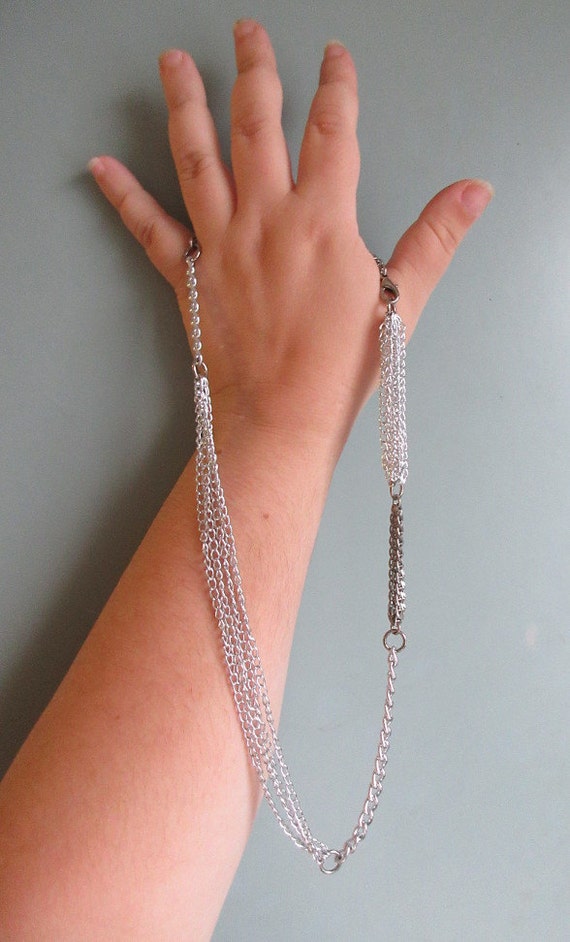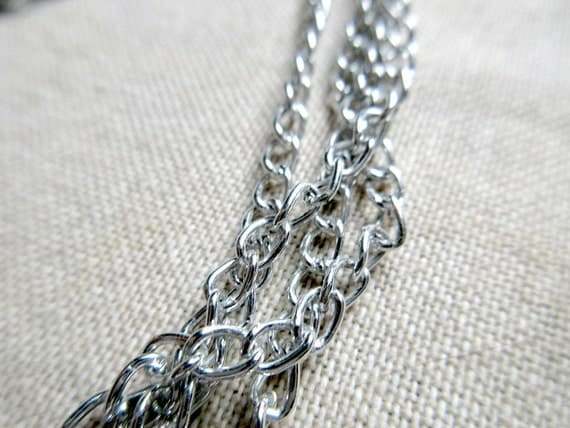When you have a list of books you want to tackle, sometimes you have to make do. One of the books on the TIME Top 100 Novels list is Elizabeth Bowen's
The Death of the Heart. I could never find it in any library I visited, so I consoled myself with her
The House in Paris.
 |
| Image courtesy Knopf |
I don't know, man...this list has a flair for the melodramatic, doesn't it? All I could think of while I was reading
The House in Paris was a GoodReads comment about
The French Lieutenant's Woman: "Heterosexual nonsense."
I would group
The House in Paris,
The French Lieutenant's Woman, and
Possession together in one "type" of novel: they all deal with melodramatic failed romances and broken engagements (
The House in Paris and
Possession even share an illegitimate child in common!). I think I like
Possession the best out of all of them, if only because it's such a technical feat.
The French Lieutenant's Woman is my least favorite; reflecting on it now I have to say that there isn't really anything interesting about it at all.
The House in Paris is square in the middle: it isn't any kind of technical achievement, but it's more interesting than
The French Lieutenant's Woman by virtue of having more interesting characters.
Maybe I just didn't have the patience for Bowen's writing style. There are long, complex sentences with multiple dependent clauses; the dialogue doesn't sound the way anyone talks, at least not anymore; there is so much unsaid and implied and hinted at in terms of character and social psychology that I felt like everyone was basically the same and also incredibly boring. (And always, in the sections taking place in the present, having to keep "Mme Fisher" and "Miss Fisher" straight in my mind!) As it was a library book, I had the deadline of returning it hanging over my head; I couldn't exactly read it at my leisure. But maybe that would have made it even more unenjoyable, because then I would have had no incentive to finish it, so every time I picked it up I would have to struggle to remember who was who.
The only parts I did enjoy were some of the scenes with Henrietta. Bowen captures the thinking of children quite well; I would have rather spent the book with Henrietta (and, I suppose, Leopold) than in the past. Ah well.























